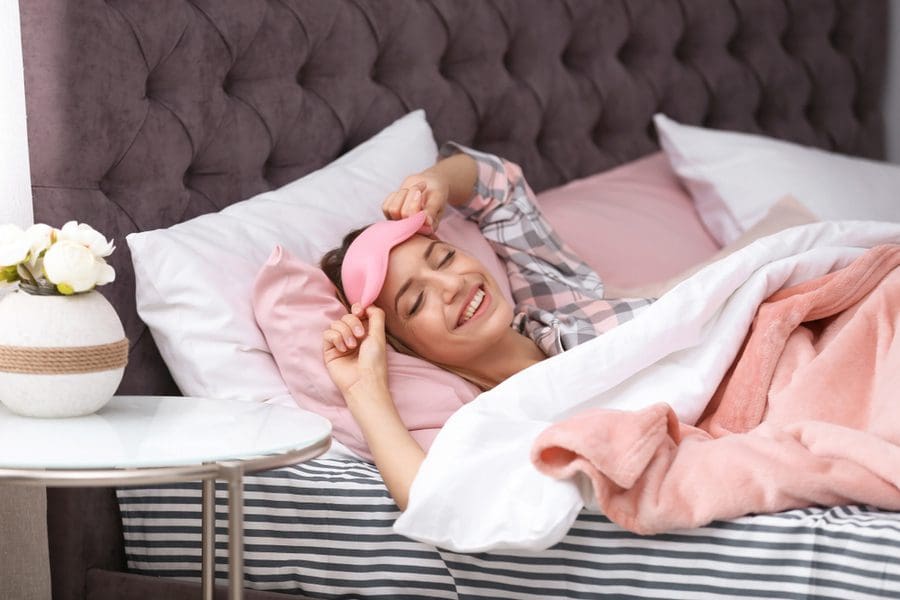We’ve all heard the phrase “I need my beauty sleep,” and we’re familiar with those rough days that follow an all-nighter of cramming for exams or partying. But how real is the concept of beauty sleep? Is this just a popular phrase, or does rest actually have a scientific basis for affecting our appearance? New research has found that when you reject those late-night plans in favor of protecting your beauty sleep, you really are doing precisely that—protecting your beauty.
As of recently, collagen has become a buzzword in beauty; you can buy collagen filled face masks and moisturizers, you can add collagen supplements to your diet; you can even get collagen injections. The rise of collagen as the main ingredient in many beauty products is because of the findings that point to its importance in anti-aging skincare. Collagen is a natural part of our own skin and is partially what accounts for the glowing, supple appearance we all aim to get.
As we age, the collagen in our skin decreases, leading to the look of aged skin characterized by wrinkles, dullness, and lack of tone. These are the qualities we try to avoid by using skincare products, and they are what anti-aging skincare addresses explicitly, as opposed to acne, for example. While it’s never too early to take care of your skin to keep it looking younger for longer, there are other things we can do besides just following a good skin care regimen.
Researchers have now discovered that your sleep habits influence the collagen bonds in your skin. When you sleep, your body begins its damage control schedule. Part of that damage control is rebuilding the defensive but disposable collagen bonds that stand between damage and your permanent collagen bonds. By making sure you’re getting the proper sleep every night, you’re giving your body the time it needs to repair that defensive wall, building up its defense against the harms of the coming day. A lack of sleep makes the strong collagen bonds that are not replaceable more vulnerable to damage.
Science has officially proved the concept of beauty sleep. Now when you cancel on your friends to catch up on sleep, you can say you have science on your side.






